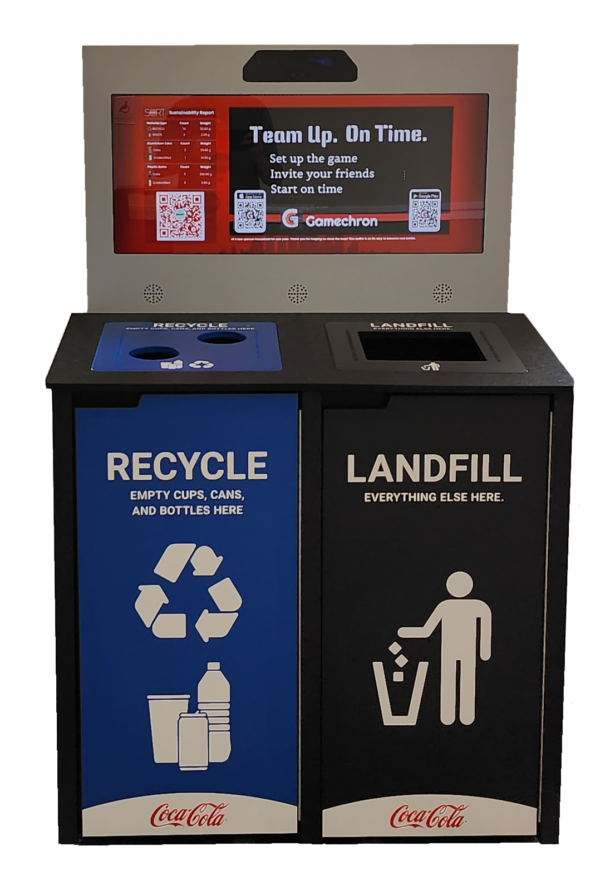Artificial Intelligence (AI) has the potential to revolutionize many industries, and waste management is no exception. AI can improve waste management efficiency, reduce costs, and increase sustainability. With the amount of waste generated globally increasing each year, finding ways to optimize waste management is becoming increasingly important. In this blog post, we will explore the potential of AI in waste management.
AI can be used in waste management in a variety of ways. One of the most promising applications is waste sorting. Traditionally, waste sorting has been a manual process, with workers sorting through piles of waste to separate different materials. This process is time-consuming and labor-intensive, and can lead to errors. However, AI-powered robots can now sort waste more accurately and efficiently than humans. These robots use sensors and machine learning algorithms to identify and sort different materials, such as plastics, metals, and paper. This not only saves time and reduces costs, but also improves recycling rates and reduces the amount of waste sent to landfills.
Another potential application of AI in waste management is predictive maintenance. Waste management facilities rely on equipment such as trucks, compactors, and shredders to process waste. When this equipment breaks down, it can cause delays and increase costs. However, by using AI to monitor equipment performance and identify potential issues before they occur, maintenance can be scheduled proactively, reducing downtime and saving money.
AI can also be used to optimize waste collection routes. Waste collection trucks often follow predetermined routes, which can be inefficient if not updated regularly. By analyzing data such as waste generation rates, traffic patterns, and weather conditions, AI algorithms can determine the most efficient collection routes in real time. This reduces fuel consumption and greenhouse gas emissions, while also reducing collection times and costs.
Finally, AI can be used to improve waste tracking and reporting. Waste management facilities are often required to track and report on the amount and type of waste they process. However, this can be a complex and time-consuming process. By using AI-powered systems to automate data collection and analysis, waste management facilities can more easily comply with regulations and identify opportunities for improvement.
AI has the potential to transform waste management. From waste sorting and predictive maintenance to route optimization and waste tracking, AI-powered systems can improve efficiency, reduce costs, and increase sustainability. As the amount of waste generated globally continues to increase, finding ways to optimize waste management will become increasingly important. AI offers a promising solution to this challenge.




